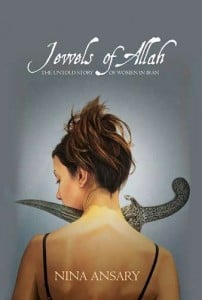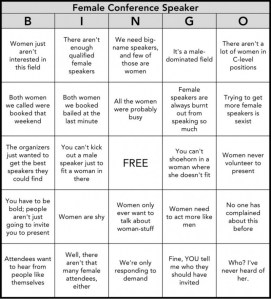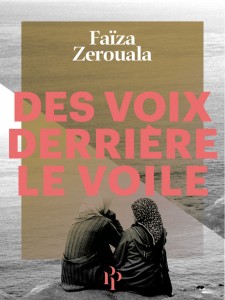In the past, I have been critical of Muslim organizations for their relative silence on issues affecting women. So I was pleasantly surprised when the entire February/March edition of the Islamic Circle of North America (ICNA)’s magazine, The Message International, was dedicated to domestic violence. The front cover was nice with a picture of street signs that read “NO! TO DOMESTIC VIOLENCE” . The release of the issue coincided with the tragic murder of Aasiya Hassan.
To have a Muslim publication dedicate most of its space to an issue affecting women is encouraging. It shows, at the very least, that a major Muslim organization is beginning to see the importance of 1) addressing issues related to women besides hijab and being a good wife 2) finding ways to address patriarchy as it affects Muslim women.
That said, I think I must have had expectations that were too high, because I was mostly disappointed with the way that this issue was dealt with in the The Message. There was nothing that I found to be objectionable. All of the articles condemned domestic violence and a few tackled the verse in Surah An-Nisa that has been used to justify beating or striking one’s wife. An explanation of that verse is necessary whenever a discussion of domestic violence and Islam occurs.
However, it was what was missing that made me feel that the articles in The Message gave domestic violence a more cursory examination rather than an in depth one. For instance, most of the articles referred to domestic violence as being wrong because it creates discord in marriages, which in turn creates discord in families.
“In Islam there is no family without union or marriage and there is no marriage without rules and discipline.”
“The family should be the first essential area in which women’s rights have to be secured.”
These two quotes show the general pattern of the articles in The Message to see domestic violence mostly through how it affects the family and marriage. While this angle is definitely necessary to explore, I wished that it wasn’t the primary angle through which the magazine looked at domestic violence.
Only an ad sponsored by Muslim for Humanity by ICNA mentioned human rights and domestic violence as a violation of the human rights of women and children. Domestic violence does harm families, but it violates the right that women have to peace, security, and dignity–rights that belong to women whether or not they are married. We should abhor domestic violence not only because it destroys families, but because it robs women of the autonomy and dignity they deserve. Focusing mostly on how domestic violence affects the family makes the reader focus on how domestic violence affects women as mothers and wives, but not as human beings. I think a complete discussion of domestic violence would look at how it affects women in all capacities.
What also would’ve added greatly to the magazine’s focus on domestic violence is a discussion on how patriarchal norms contribute to domestic violence. One writer, Adem Carroll did touch upon patriarchy briefly in his article, “Domestic Violence in the Muslim Community”:
“And I would suggest that we carefully and deliberately develop a more positive, more balanced education of our men and boys to counteract the negative effects within our cultures not patriarchal abuses, but also violence in video games film and other entertainment media.”
Carroll was the only writer to mention patriarchy at all. This was surprising, since domestic violence is definitely a manifestation of patriarchy. The fact that patriarchy was only touched upon briefly in an entire magazine dedicated to domestic violence displays a lack of willingness among many Muslims to effectively look at the role of patriarchy in the treatment of Muslim women. Perhaps in the future, more Muslims will look not only at how to combat domestic violence through an Islamic lens, but also patriarchy.
I hope that publications like The Message continue to look at issues such as domestic violence. Discussion of concerns affecting women among Muslims is necessary for gender equality. Having the majority of a Muslim magazine dedicated to an issue like domestic violence is a hopeful sign. It shows that we’re concerned about these and realizing that they shouldn’t be swept under the rug.













